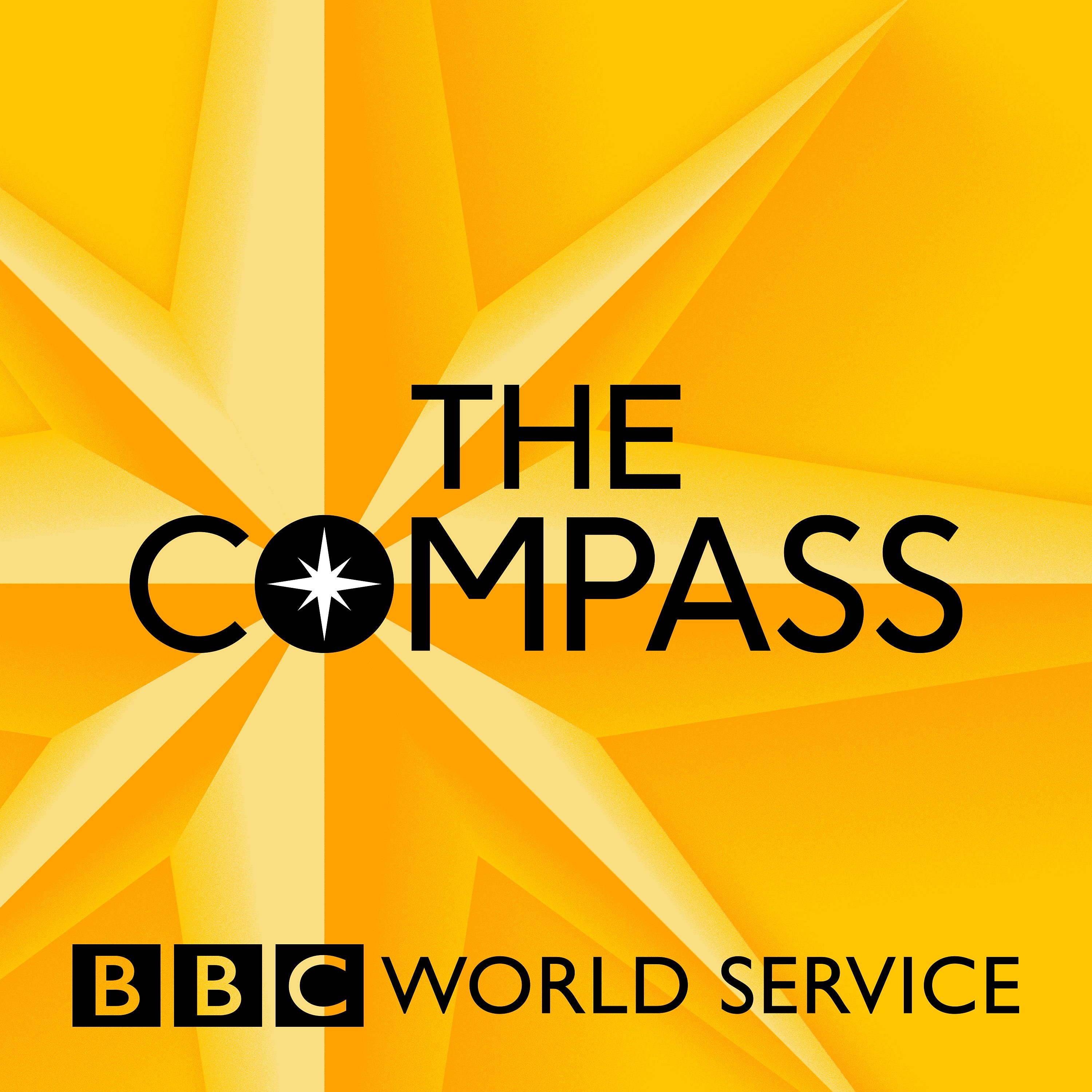Window on the universe
Description
The Hubble space telescope has transformed our view of the universe and put our lives on Earth into a truly cosmic perspective. As we celebrate thirty years of Hubble’s achievements, we look to the future of the space telescope and the potential of its ambitious successor.
Hubble has produced a multitude of scientific discoveries, but it has also influenced our culture, art and music. It’s easy to forget that following its April 1990 launch, the space telescope was derided as NASA’s greatest failure. A faulty mirror meant it only produced blurred images and a daring Space Shuttle mission had to be scrambled to fix it.
Hubble’s successor, the $10 billion James Webb Space Telescope (JWST), has had a similarly troubled start. Due for launch next year, the JWST has come close to being cancelled several times. Its budget has rocketed from $1 billion and it’s faced a succession of delays. With a final location 1.5 million kilometres from Earth, fixing any mistakes won’t be an option.
But if it succeeds, the JWST will be powerful enough to look back to the very dawn of time. With mirrors so precise they can capture single photons, the telescope has the potential to reveal new planets in distant star systems and even whether they might be habitable.
In The Compass: Window on the Universe, space journalist and author Sue Nelson examines the achievements of Hubble and what it has taught us. She talks to Hubble’s chief scientist about the space telescope’s future, as well as researchers and engineers working on the JWST. What difference will this new telescope make to humanity and our perspective on the universe?
Image: A model of the James Webb Space Telescope at NASA Goddard Space Flight Center in Greenbelt, Maryland (Credit: Jim Watson/AFP via Getty Images)
More Episodes
Misha Glenny's final programme on Russia - what it is and where it came from - looks at the country's attitude to war. What has been the long lasting effect of the great patriotic wars against Adolf Hitler and Napoleon Bonaparte? Plus the Poles, the Mongols, and the British in Crimea.
With...
Published 03/08/23
Published 03/08/23
It was Peter the Great who created a new capital on the Baltic, and Catherine the Great who extended Russian influence south and west. Sweden, Poland, and the Ottomans all felt the Russian expansion in a century of geopolitical drama. This, says presenter Misha Glenny, is all part of the build up...
Published 03/01/23


